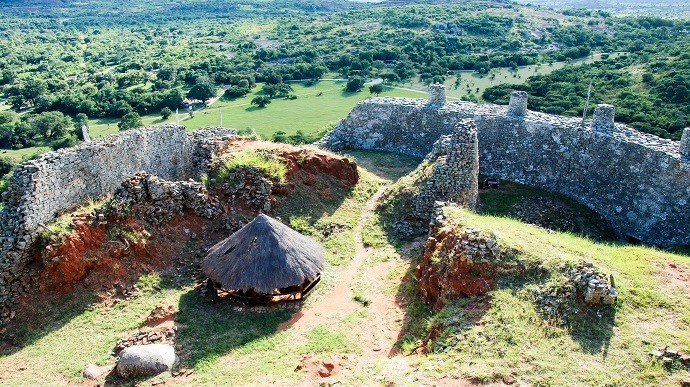 Gallery
Gallery
Water security is currently among the most significant global challenges for human subsistence and environmental health. UP archeologists have discovered that during the middle ages, the people of Great Zimbabwe developed means to conserve water which could make for effective strategies in terms of water management and conservation today.
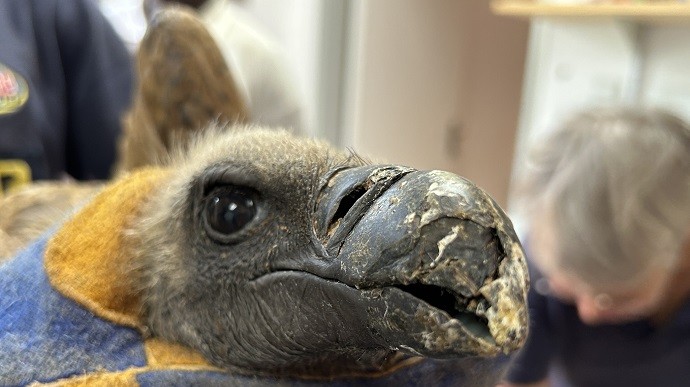 Gallery
Gallery
The beak of the female African white-backed vulture was crushed when she was hit by a car in March 2023. Have a look at how University of Pretoria researchers found a way to help her eat again.
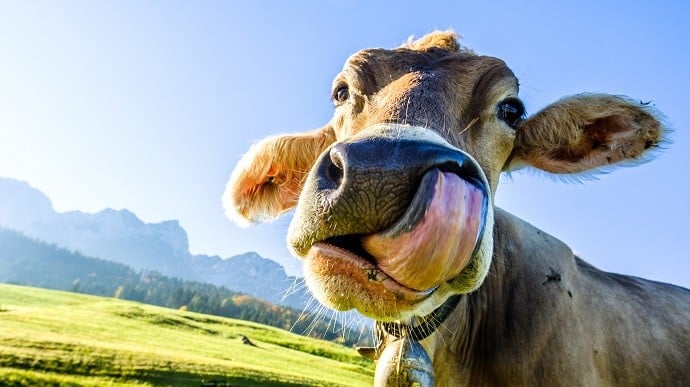 Gallery
Gallery
Take a look at what happened behind the scenes to help a University of Pretoria researcher figure out that cows love classical moo-sic.
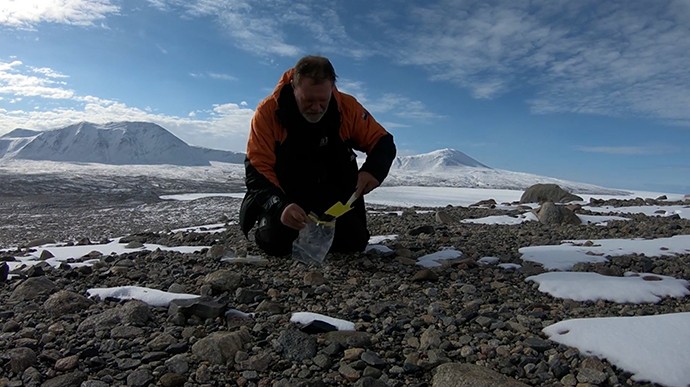 Gallery
Gallery
Explore this gallery to experience a day in the life of research scientists in Antarctica. Antarctica's ice mass is enormous, and melting continental ice will have dramatic effects on oceanic flow patterns and global seal levels. Antarctica is also the last “pristine” continent in that it remains largely unaffected by human activity, which is why conservation is imperative.
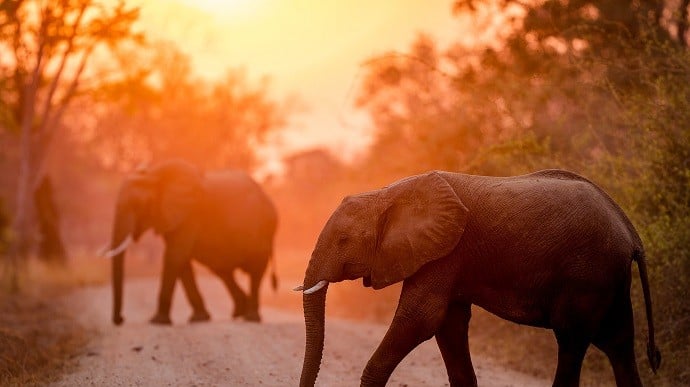 Gallery
Gallery
This gallery features photography of elephants in their natural habitat by Prof Rudi van Aarde and a map showing where their preferred areas are based on the elephants' movement patterns.
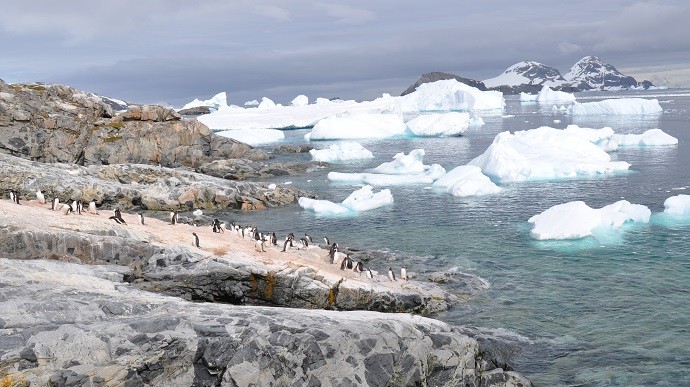 Gallery
Gallery
Climate change and commercial fishing is putting Earth’s most southern waters – and the planet itself – at risk. UP macro-ecologist Dr Luis Pertierra has joined the global call to better protect the Southern Ocean by banning fishing in Antarctic waters, among other measures.
Copyright © University of Pretoria 2025. All rights reserved.
Get Social With Us
Download the UP Mobile App